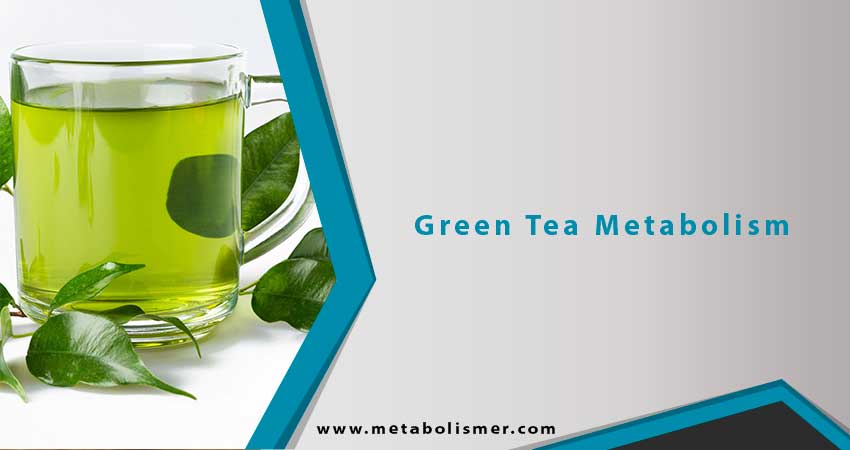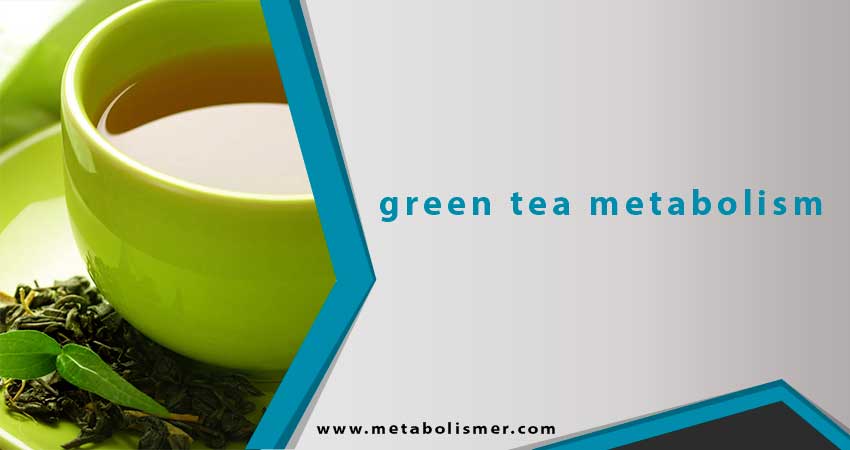Alcohol and metabolism – a scientific study and method of consumption
People that want to increase their metabolism should know that drinking water works. They should also understand that alcohol (wine, beer, liquor) and coffee dehydrate the body.
If you go to a bar some time, watch how often the people drinking alcohol have to go to the bathroom. Alcohol dehydrates and acidifies the body, which decreases the metabolism.
If you want to lose weight and restore your metabolism, you will have to hydrate your body with a good amount of water while keeping your intake of alcohol and coffee to a minimum.

DRINKING ALCOHOLIC BEVERAGES:
When someone has a systemic infection of the candida yeast they should avoid drinking alcoholic beverages (wine, beer, whiskey, rum, etc.) since this yeast lives on alcohol much easier than sugar.
The only real freedom that exists is the freedom of being able “to have” or being able to “not have” something. For example, an alcoholic “has to have” alcohol, and that is why he is an alcoholic.
If he could “have it” or “not have it” he would simply be free to decide if he wanted the alcohol or not and wouldn’t be an alcoholic. Whenever there is a situation where “I can’t have” a certain substance, that creates a scarcity of it, and therefore, a necessity. It’s a trap.
Alcohol releases estrogen into your bloodstream, promotes fat storage, and decreases muscle growth.
As soon as you have a drink, your body gobbles up all the glycogen in your liver, makes you hungry, and reduces your inhibitions, so you’re more likely to grab that chicken wing or stuffed potato skin at happy hour.
You also burn way less fat, and burn fat more slowly, than normal—Prevention magazine estimates that just two drinks can cut your fat-burning ability by 73 percent.
While some argue that resveratrol’s phytoestrogen nature is actually protective against cancer, alcohol itself is a breast and thyroid cancer risk.
One study found that alcohol helps develop the most common type of breast cancer tumors, those with both estrogen and progesterone receptors. Analyzing data from more than 184,000 women, scientists deduced that one to two drinks a day increases your risk of developing these kinds of malignant tumors by 32 percent; three or more bumps that number to 51 percent.
On the other hand, especially if you’re a guy, we can’t deny that wine has its benefits: it protects your heart, helps lower inflammation, fights viruses, and might even lower blood sugar in diabetics.
Recently, researchers at the UC San Diego School of Medicine found that one glass of wine a day may decrease the risk, by almost 40 percent, of nonalcoholic fatty liver disease, a condition associated with insulin resistance and heart disease.
Bottom line, one drink a day probably maxes out your benefits, so keep a cork in your alcohol consumption.

Hormone Homework:
If you’re going to have alcohol, drink wine. (See “Get Your Drink On, Organically” above.) Women who had an occasional glass of wine (one or fewer per day) increased their breast cancer risk by only 7 percent, which might net out with other health benefits—provided you don’t have other individual breast cancer risks. Ask your doctor to help you assess your personal risk of breast cancer.
Alcohol is empty calories, and whether it’s a part of your diet plan is going to be up to you. If you do choose to drink, the heart-healthiest option is a glass of red wine.
And make it a point to avoid liqueurs, cordials, and frozen restaurant drinks—such as margaritas—which can have hundreds of calories a glass and sometimes are loaded with sugar.
Alcohol may slow or even stall your weight-loss effort, so if you think you are doing everything right but you’re still not losing weight, try even a week or two without any alcohol and see if it gets the scale moving again.
Why is alcohol harmful to metabolism?
I know. You like your glass of wine, or your margarita, or whatever. I would never tell you that you can never have another drink. But here’s the bottom line: Alcohol has to be processed through the liver.
Again, that means it’s also monopolizing a major organ that we’re trying to heal. Telling you to avoid it is not a judgment about alcohol. It’s not about the empty calories. It’s about the metabolism.
Alcohol puts stress on your liver, which not only slows down the ability to clear toxins and burn fat but may also interfere with your body’s ability to convert T4 to T3. Alcohol, at 7 calories per gram, is also entirely empty calories, with no nutritional value. Consider eliminating it.
Beyond the toll it takes on your liver, there are even more reasons to avoid alcohol for the next 28 days.
Alcohol is very high in sugar, in that it converts to sugar rapidly in the bloodstream.
That’s exactly what we’re trying not to do. we’ll tell you how to incorporate alcohol safely into Boost metabolism Program.
For the next four weeks, though, your weight loss will happen more quickly and your metabolism will heat up more effectively if you stick to club soda with lemon or lime.

SPLURGE SECRET: BOOZING IT UP.
If you enjoy a cocktail, a glass of wine, or a frosty mug of beer now and again (like once a week or so), I’m not going to take that pleasure away from you.
But there is a way to drink alcohol with the least amount of metabolic damage.
You probably already know that your liver has to work hard to process alcohol. True, I’m not being quite so greedy with your liver anymore, now that you’ve effectively repaired your metabolism, but let’s not be too hard on it, either.
One drink per week probably won’t hurt anything. One drink per day is pushing your liver a little bit hard. Figure out what you’re willing to sacrifice, but just remember that alcohol does not help your metabolism in any way.
You need your liver to function at its prime, after all. So when you do drink alcohol, here are some things to consider:
• Organic, sulfite-free wine seems to have the least effect on liver function. If you are a wine connoisseur, you might want to explore your organic options.
• If you really want a cocktail, go for the top-shelf liquors. They are cleaner, with fewer chemicals and fake ingredients for the liver to process.
Clear liquors without additives and food colorings are purer, better choices than the cheap stuff.
Avoid anything you used to get drunk on in college, or those neon-colored energy drinks that mix caffeine with your alcohol. Otherwise, your waistline will begin to resemble a pony keg rather than a six-pack.
Always drink 8 ounces of water for every drink, in addition to your requisite half-your-body-weight ounces. Alcohol is very dehydrating, and this will help your body compensate.
• Don’t drink alcohol alone. By this I don’t mean you can’t enjoy a glass of wine at home by yourself after a long day. What I
mean is, always balance alcohol with a fairly heavy protein, preferably an animal protein like chicken, turkey, beef, shrimp, or fish (cheese on the nachos doesn’t count!).

• Please do not have alcohol in the morning. Look, I know a Bloody Mary at brunch can be tempting, but it will taste just as good without the alcohol. It may always be 5:00 P.M. somewhere, but wait until it is 5:00 P.M. where you are.
Q : Can I drink alcohol during the metabolismer program?
A : Alcohol is not restricted in the metabolismer program. In our research studies, we generally limit alcohol to two drinks per day for men and one per day for women. But there are, of course, other considerations about alcohol, particularly for women: Women who drink daily—even one glass of wine or other alcohol—have a higher risk of breast cancer, compared with women who do not drink. So if you drink, it pays to keep it modest and intermittent.
Alcohol encourages the production of free radicals. It also depletes your body of antioxidants, which may account for why people with alcohol problems sometimes look older than their years. If you drink, it is a good idea to keep it modest and intermittent, rather than daily.
Avoid Alcohol. A mixed drink or glass of wine lulls you to sleep. But soon, alcohol transforms into related chemicals, called aldehydes, which are stimulants. At four thirty in the morning, they will wake you up, and all the problems of the previous day will descend.
Avoid alcoholic beverages. Why? Because alcohol is a medically well known toxin for the liver, pancreas, brain and nerves. In addition, alcoholic beverages contain carbohydrates and sugars. For example, most beer comes from malted cereal grains, most commonly malted barley and malted wheat.
What do you know about the metabolismer boosting metabolism program?
What to drink instead of alcohol
Water, tea and coffee (decaffeinated) should be your beverages. In a restaurant setting, order water for your drink.
Many people order a soda or a dessert in a restaurant under peer pressure. Remember your body has not changed because you are in a restaurant.

What Effect Does Alcohol Have On Thyroid Health?
Although some sources claim that drinking a lot of alcoholic beverages can depress the activity of the thyroid gland, thus resulting in a hypothyroid condition, the main effects of excess alcohol consumption is on the liver and adrenal glands.
Just remember that alcohol is a carbohydrate and will affect the blood sugar levels, and thus consuming a lot of alcohol over a period of months and years can fatigue the adrenals.
Weak adrenals can not only slow down the thyroid gland, but can also affect the gut and immune system.
Does this mean that someone who follows a natural treatment protocol and drinks an alcoholic beverage on a frequent basis won’t receive optimal results? Once again, it depends on the person, as if someone already has compromised adrenals or a liver that isn’t detoxifying properly, then having one or two alcoholic beverages per week might be too much, let alone one or two per day.
But even if someone’s adrenals doesn’t look too bad, I’m still cautious when it comes to alcohol consumption for people who are following a natural treatment protocol.

Alcoholics with cirrhosis or those with hepatitis may have conversion problems, so any lifestyle changes that improve liver health will be beneficial.
Alcohol appears to have multiple effects on the hypothalamo-pituitary-thyroid axis and the functioning of the thyroid gland, resulting in lower T3 levels. Likewise, patients with chronic hepatitis C in one study had a higher TSH and lower FT4 and FT3 levels compared to others.


















